the lack of ready access to good FNMI resources for students and teachers.
As someone who grew up with little if any authentic teaching about FNMI realities in Canada, I shared her frustration: How do we begin teaching well about something we know so little of? Last year's Truth and Reconciliation Call to Action calls for the integration FNMI history, contributions, current events, etc. into the curriculum at all grade levels, and not just for FNMI students. We are to incorporate Indigenous knowledge and teaching methods, and we are to teach at all grade levels about the legacy of the residential school system, and its attempts at systemic eradication of an entire cultural group.
But how can we do it all justice without a firm understanding ourselves of FNMI realities?
Jenny shared with me this guest blog post she co-authored, which includes a number of links to FNMI sites and other resources for teachers and students.
Coincidentally, she also happened to be interviewed by CBC's Matt Galloway that very morning, to share about her new children's picture book: I am Not a Number, by Second Story Press.
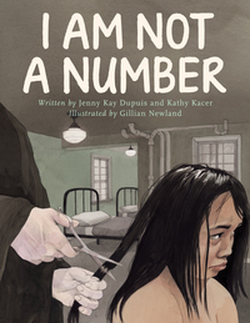
The audio interview is under 10 minutes, and provides listeners with some poignant historical information about the residential school system.
It would itself make an interesting study in oral language for students -- as I listened to it, I imagined immediately how I might use it with my students, were I still in a classroom: How effective is the interviewer (Galloway) in extracting information from the interviewee (Dr. Dupuis), etc.
It could perhaps serve as a catalyst for having students interview a family member about their own history, or write about a time when they first remember hearing an important family story. I could also see myself using this interview as a jumping off point for students to develop inquiry questions; the ESL teacher in me wants to begin by supplying a list of relevant vocabulary words: Grannie, Residential School, haircut, and so on, before students listen to the interview, and have them write a few sentences predicting what it will be about.
After talking with Jenny about her book, I offered to let her write a guest post on my blog (which I am still hoping she will do at some point), and sent her a follow up email saying "anything I can do to help!"
I realized after I sent the email that I was guilty of the same crimes that the T and R commission's report urges us to fight against: Although well-intentioned, my offer of help could easily be construed as demeaning; Jenny and her people don't need my "help". What they need is for me and my fellow non-FNMI Canadians to stop helping and start learning. Ugly history, beautiful history, troubling current events and discrimination, beautiful arts, culture, medical and other contributions... we need to take responsibility for our part -- direct or indirect -- in the ugliness, and make it a priority to learn the story of our FNMI sisters and brothers so that we can share the same with our children at home and in our classrooms and begin the long climb out of darkness and into a lighter future in which we acknowledge the mistakes of our past authentically and celebrate our truly equitable and respectful co-existence.
And it has to be authentic, not just a memorized and script off a printed page, poorly recited at the beginning of a meeting or over the P.A. system at school each morning so that we can say we've fulfilled our legal duty -- no, we have to go our of our way to learn something we didn't know before, and get excited to share about it with our colleagues and children.
This weekend, my partner and I visited Port Perry with one of our sons. We geocached on Scugog Island, home to a Reserve; one of the caches was placed on the traditional territory of the Mississaugas of Scugog Island First Nation, which the cache owner alleged to be a part of.
Simon wondered aloud about the relationship between these people and the Mississaugas of the New Credit, whose traditional land his school is built on. It led to an interesting conversation, just a drop in the bucket, but another seed was planted, none the less.
Not knowing is no longer an excuse. We are called to wonder, to question and -- if necessary -- to google!
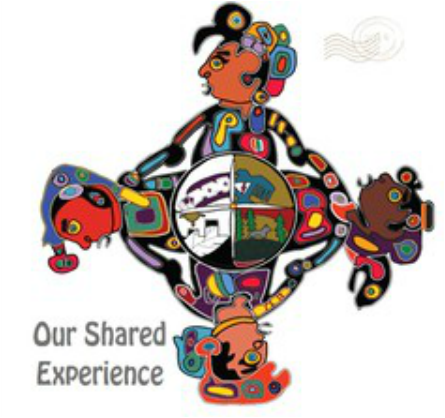
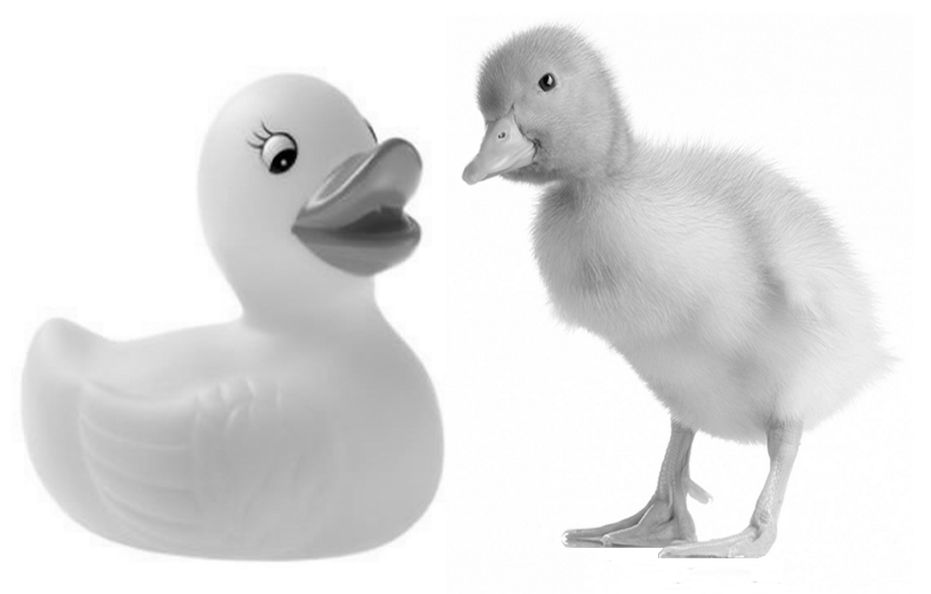
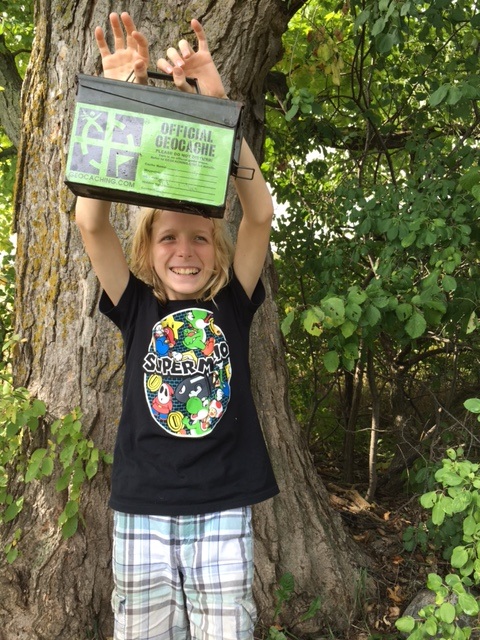
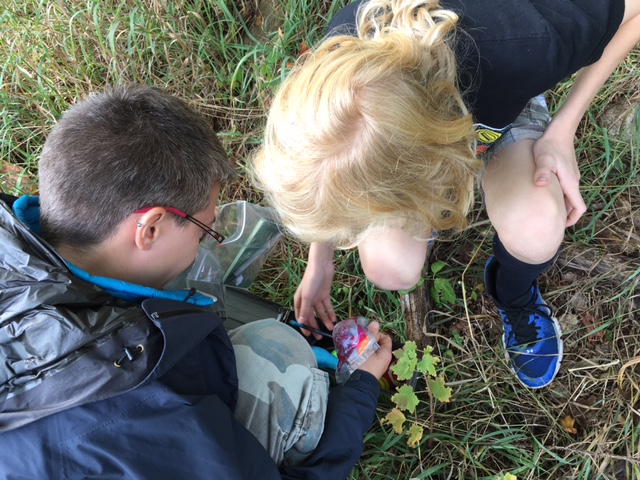


 RSS Feed
RSS Feed